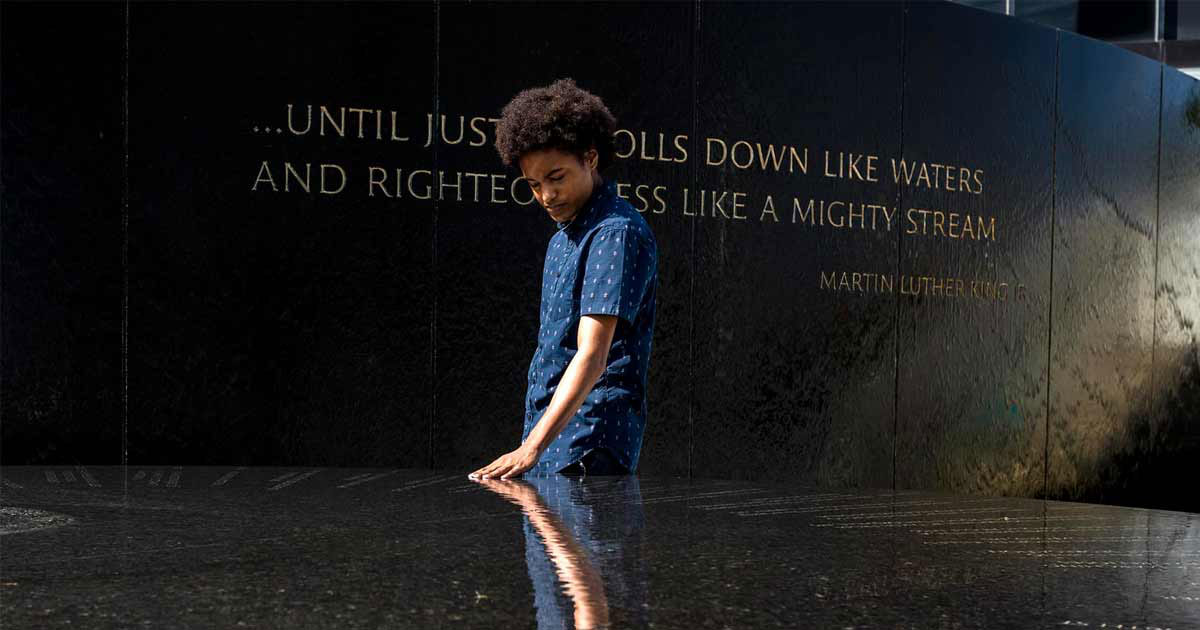A Visa for Every Trip?
Americans enjoy some of the most open travel restrictions in the world. With 170 countries offering us visa-free or instant visas on arrival, we rank fourth. Participation in the Visa Waiver Program (VWP) and bilateral agreements with other countries are the backbone of that leniency. But what will a Trump presidency mean for that freedom of movement?
We don't know. President-elect Trump has repeatedly expressed concerns about "strangers entering the U.S.A.," promised extreme vetting, and specifically addressed the VWP in a March 2016 interview with CNN stating, "It's time to stop that!"
He's mentioned Belgium and Germany as countries that have been "compromised." These are two of the 38 VWP countries that provide 60 percent of our overseas visitors who spend upwards of $80 billion in the U.S. each year. Yet in September 2016, Trump told the Polish American Congress that he "does not see any threat from Poles" and promised to deal with their acceptance into the VWP in the first weeks of his presidency. This, despite the fact that Poland has been denied access to VWP because of the high refusal rate of Polish visa applications.
To see how tighter visa requirements can affect the number of travelers, we need only look to our neighbors to the north. Canadian officials imposed a visa requirement for all Mexican visitors in 2009, reportedly in response to an unusually high number of refugee/asylum seekers. Arrivals dropped from 257,000 in 2008 to 116,000 two years later. While there has been some recovery over the ensuing years, arrivals have yet to re-pass the 200,000 mark. Effective December 1, 2016, Canada reversed its decision and is again allowing Mexican tourists visa-free travel.
Can the United States afford to lose half of its inbound travel market? That would mean 38 million fewer people filling hotels rooms, visiting theme parks, eating in restaurants—and providing jobs and paying taxes on these activities.
For those providing services for Americans traveling overseas, the impact is likely to be just as significant. When America starts restricting access to foreign visitors, VWP and agreements will fall like dominos. How many travelers will pay another $150 (or more) for every trip they take? To visit a country like Brazil, which currently requires Americans to obtain a visa, travelers pay $160 to apply in person during the two hours each morning when applications are accepted. Then, they must return 10 days later to pick up their passport and paperwork. There is a mail option, which means mailing your passport, or using a visa processing service, adding to the costs.
For tourists on a tour like Ed-Venture's Heroes of the Reformation, which crosses into three countries and an optional extension in Paris, the process would repeat itself four times, with four application fees. How many $399 cruise passengers would be willing to navigate the visa maze for five ports of call?
What can you do? Get involved. Write to the president, your senators and representatives, the newly appointed Secretary of State. Tell them that you want the visa-free travel to be protected. Limiting travel is not the answer. We need international understanding and empathy now, more than ever.
Debra Ruzbasan is a Regional Sales Manager, based in the Chicago area, for the custom group tour operator Ed-Ventures. She has previously worked for the Midwest offices of the tourism offices of Quebec, Hong Kong, Japan and Korea.
The opinions of our blog contributors are their own, and Groups Today—while not necessarily agreeing with all opinions—appreciates giving readers a voice. Is there something you'd like to write about? Contact amy@serendipity-media.com with your ideas.



